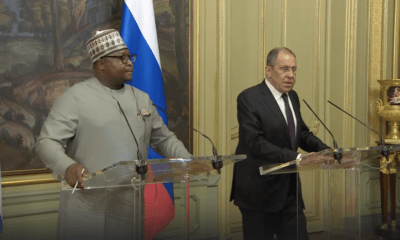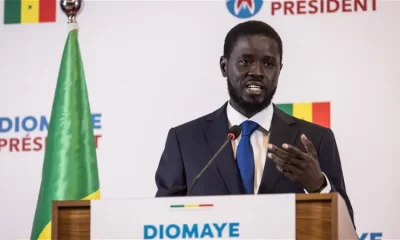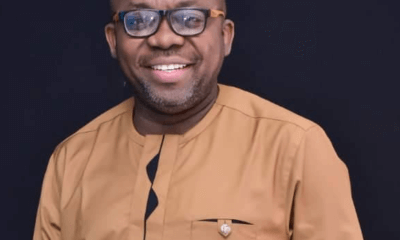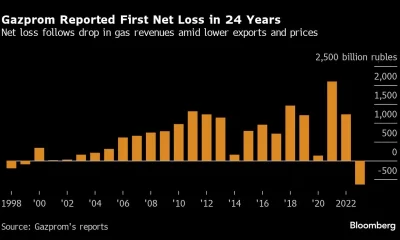Political Issues
In Defense of Supreme Court’s Verdict for Imo State -By Ifeanyichukwu Mmoh
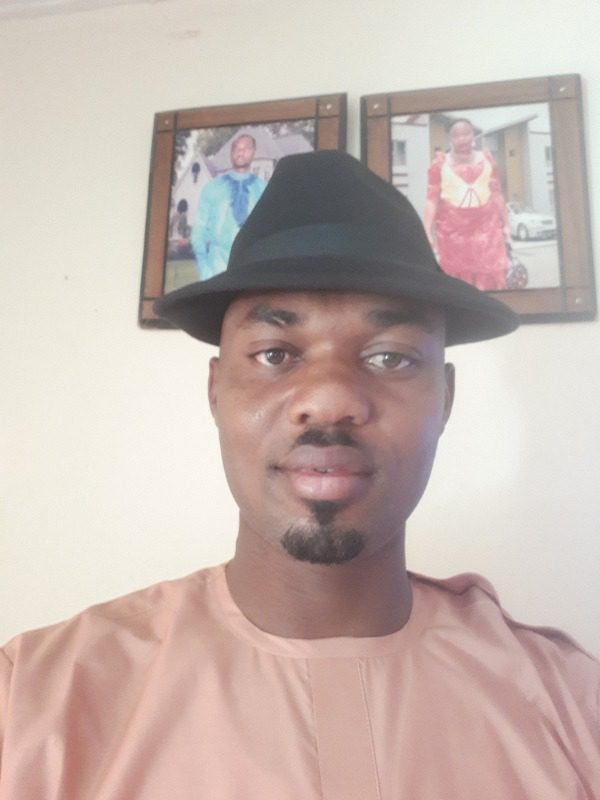
In the wake of pronouncements by the Supreme Court of Nigeria on gubernatorial election of some states since litigations passed from the state election tribunal/court of appeal unto the Supreme Court, mixed reactions seemed to greet almost all the verdicts that has so far come. However, none of the mixed feelings so far matched the reactions to the verdict on Imo state which was delivered last Wednesday 18th January, 2020.
Having listened to the arguments and counter-arguments for and against the verdict that sacked Rt. Hon. Emeka Ihedioha as governor and brought in Senator Hope Uzodinma as the rightful occupant of Douglas House Owerri, Imo state; I knew it was time to add my voice – not to condemn but to defend the verdict – by bringing certain important factors that played a vital role in swinging the judgment to our notice.
For me, the judgment was – first and foremost – evidence that our democracy was beginning to bud. For this reason, let me quickly elaborate on the 2 factors that affected the judgment in my opinion. The First factor was the prayer of APC’s Senator Hope Uzodinma. While listening to the summary of the verdict, it was clear that judgment dwelled on the 388 polling units (PU) previously expunged by INEC.
According to Uzodinma’s attorney, the 388 PUs which happened to be recovered by the intervention of the Supreme Court captured Senator Uzodinma’s stronghold. From this assertion, it was possible to think – in the first instance – that INEC had removed them from the overall results because of electoral malpractices and if that was the case; were there no malpractice in other PUs as well?
Again, the fact of having those 388 PUs removed from the total result was injury to every political party that contested in that election. Hence it was unsafe to say that they were Uzodinma’s stronghold as there are electorates in those polling units who voted for parties other than the APC. Unfortunately, that became the prayer of the APC and although it failed at the tribunal/court of appeal levels, the Supreme Court decided it had some merit.
My point is actually this: that the courts of law are vested with the powers to adjudicate on a case or cases based on the prayers. They do this by evaluating the prayer in line with the law. They do not have powers to advocate for what does not reflect in a prayer or the case. Therefore our idea that a judgment was compromised because it did not meet our expectations must begin to change.
The Second factor was what the PDP and Ihedioha failed to do. For instance, someone had said that the APC was not supposed to partake in the elections (in the first place) because their primary was inconclusive owing to the fact that both Chief Uche Nwosu and Senator Uzodinma had claims to the party’s ticket. Fine; but did this feature in PDP’s/Ihedioha’s prayer?
I doubt if it did. Chief Uche Nwosu is said to have withdrawn from the tribunal because his earlier suit against the APC which claimed he (and not Uzodinma) was the rightful candidate for the APC, conflicted with his current stand as challenger of PDP’s victory. This is the reason it was important we went to court with our prayers well-articulated. When the presidential elections tribunal began to receive petitions last year, I was surprised to know that the APC equally had grievances it prayed the tribunal to look into.
Now, indirectly such prayers are intended to neutralize the petitions of the PDP. Interestingly, even the INEC had a prayer or two.
This tells that the fact it (APC) emerged winner of the presidential election did not mean it had no prayers it wanted the courts to address. So, I expected that the PDP’s prayer would’ve being that the tribunal should disqualify the APC as a party on the grounds of conducting no primaries and therefore not even worthy to approach the tribunal to begin with.
This is because (as I said earlier) the tribunal like the court of law had jurisdiction to resolve every grievance that is brought before it. This is a vital lesson for every Nigerian to take stock of instead of calling in on radio and TV programs everywhere to say that the judiciary had compromised its stance and therefore should reverse itself. The courts of law are like computing machines; what you garbage into it is resolved and returned.
I recall the landmark judgment that voided INEC’s conduct of elections in Anambra state in 2007. Former Governor Peter Obi had approached the courts with the prayer that sections 180 of the 1999 constitution be given interpretation in line with the law. He did not even pray that the elections that pronounced Dr. Andy Uba as winner of the governorship election be nullified. Look at that.
Suppose the prayer had been about election nullification; who could’ve predicted the judgment? Again, sometimes judgments are predicated upon a lacuna. The case of Osun state in the case between Oyetola and Adeleke, comes to mind. The court had stood on technical grounds to award victory to Oyetola of the APC. The judgment of the tribunal lacked in merit says the Supreme Court; on the grounds that the required number of judges present during deliberation failed to meet statutory requirement.
Back to the verdict on Imo state, the question of awarding victory to the aspirant/political party that came 4th in the actual elections – for me – amounted to whipping up sentiments. The verdict was clear that judgment was predicated on the 388 PUs prayers which by the courts’ determination, had unlawfully been excluded from the overall results by INEC.
Some of us may have had this experience back in our days, when we had to go back to our faculties with our result sheets in hand, seeking recalculation of the CGPA based on figures we knew did not reflect our actual scores on a course or two. Not all lawyers are agitated by this verdict.
The judgment should serve to educate us on how to not approach the courts. If someone takes a prayer to the courts with the intent to oust you from office as governor, you should take a prayer that must vitiate your opponent’s prayer in response. Case closed.
Comrade Ifeanyichukwu Mmoh; an advocate for attitudinal change writes from Abuja. 08062577718.

